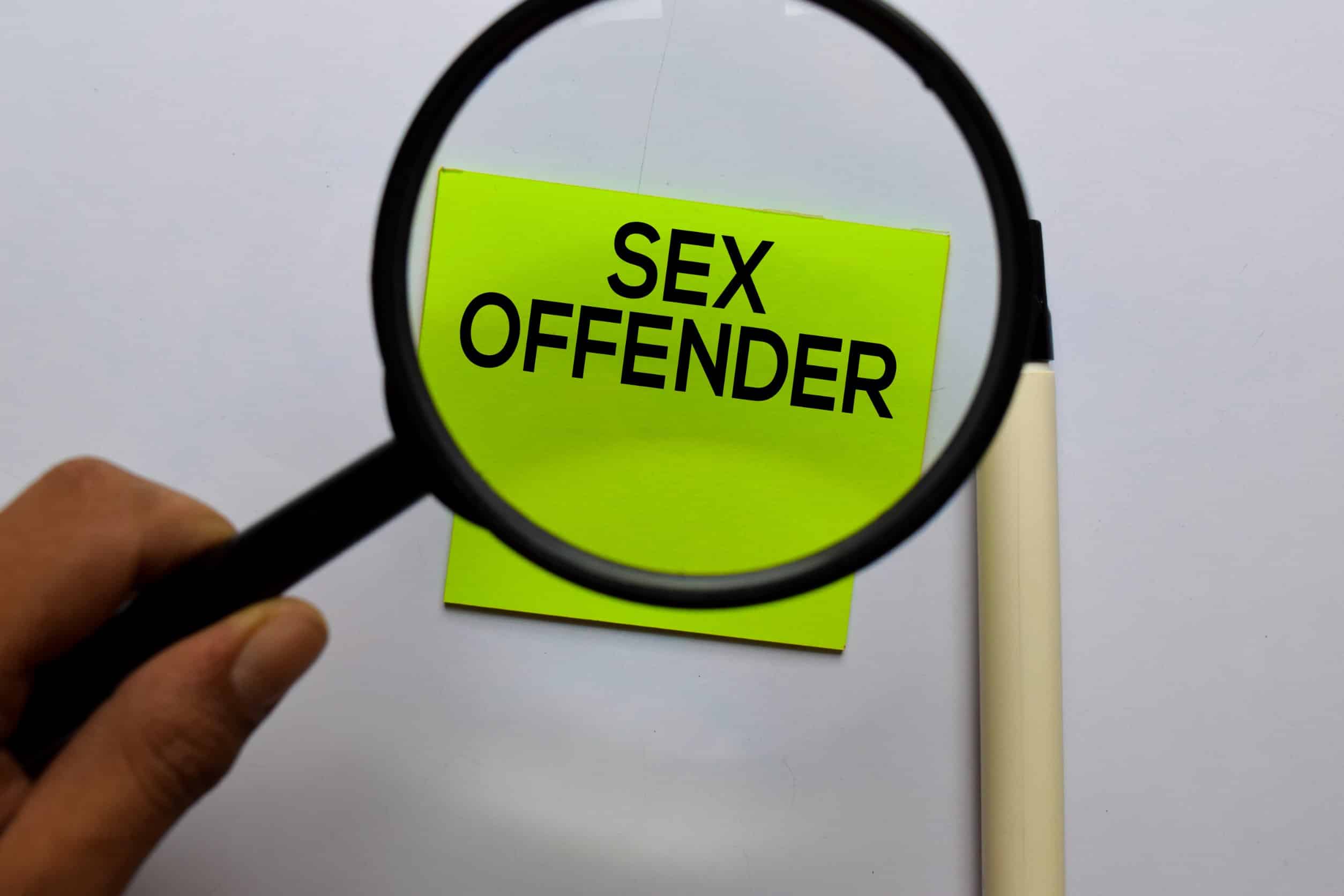- Home
- THE FIRM+
- Criminal Defense+
- CASE RESULTS
- AREAS WE SERVE+
- FAQ’s
- Blog
- Contact
AZHARI LLC BLOG

Posted By: Sami Azhari
Category:
When someone is convicted of a sex crime in Illinois, the biggest challenge they often face comes after any prison time is served. That’s because many of those convicted of sex crimes are required to register as sex offenders once they are done with incarceration – and that registration comes with a lot of rules and restrictions.
You must have a job in order to have a home, food, and transportation. For registered sex offenders, employment requirements can make it more difficult to find a job in Illinois – or to work in your chosen profession.
A person’s status as a sex offender makes things challenging, which is why putting up the best defense you can to sex crimes charges has far more implications than simply avoiding being locked up behind bars. Here is what you need to know about employment restrictions that registered sex offenders can face in Illinois.
Losing Your Job
While there is no law in Illinois that explicitly lays out requirements for employment for sex offenders in the state, it’s not uncommon for those who must register as sex offenders to lose their jobs.
Why? Because when you register as a sex offender, you must also register with the local law enforcement agency each year. During this registration process, you must submit a photo as well as a lot of personal information that will then become available to the public.
Even if your job doesn’t require you to disclose the fact that you’re a registered sex offender, they may find out. Colleagues and customers may find out as well. This can put management in a situation where they feel the best option to salvage their reputation as a business is to terminate you.
You’re Restricted in Where You Can Go and What You Can Do
Even if you’re self-employed or have a job where you don’t deal with the public, being a sex offender can have a big impact on your job. That’s because sex offenders are restricted in where they can live and go. If you spend three or more days in a period of a year in another place, including another state, you must register with the local authorities there.
Additionally, you will not be allowed to be around school property or near a school building unless you have the express consent of the school’s principal or superintendent. If you are labeled as a sexual predator or child sex offender in Illinois, then you also cannot be in a public park.
All these restrictions create an environment that can make it difficult for you to do your job.
The Internet Is Restricted
Sometimes, the rules surrounding sex offenders can make it difficult to even find a job. This is because social networks are key for many people to find new jobs and make professional connections. But you cannot use social networking sites when you’re on supervised release, parole, or probation.
It’s something that can really take the wind out of your job-finding sails.
It Puts Licensure in Danger
If you are a sex offender and you have a professional license for your work or you want to get one, then your status creates a significant barrier to pursuing your chosen profession. Those with felony convictions, such as sex crimes, cannot get or renew their professional licenses.
Conclusion
As you can see, sex crimes are serious and can have a huge impact on your life forever. Make sure to find an experienced attorney to help.
About the Author
Sami Azhari has been working as a lawyer since 2007, after receiving his Juris Doctor from the Michigan State University College of Law. He has handled numerous state and federal cases, and is known throughout the Chicago and Rolling Meadows area for providing his clients with high-quality, skilled representation. He has been recognized by Avvo (2013 and 2018), SuperLawyers (2015-2020), The National Trial Lawyers, and other notable organizations, and has spoken at a number of legal conferences.


























































